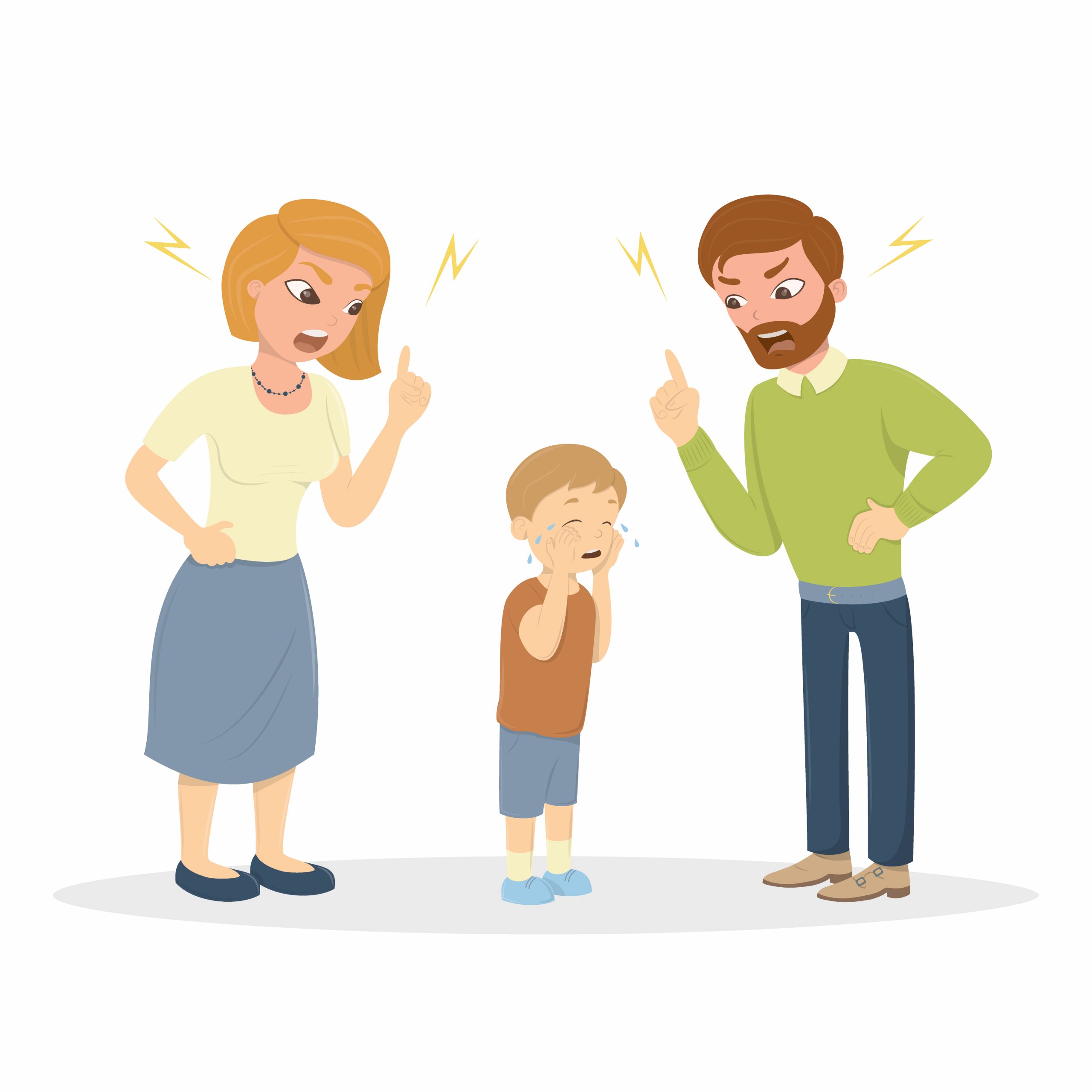Many people don’t even realize they’ve been raised by a narcissistic parent until adulthood. The shouting, constant criticism, silent treatment—it all felt normal. Why? Because as a kid, that’s all you knew!
But as you grow up, step out of your home, and meet different people, you begin to notice a shift. Their kindness feels strange. Their calmness feels unfamiliar. And that’s when you start questioning everything.
You don’t choose that kind of environment—but when it’s all you know, it becomes your version of normal. And unlearning that? It takes time.
In this blog, I’ll walk you through how to recognize a narcissistic parent and—more importantly—how to begin healing from the damage it causes.
How to Recognize a Narcissistic Parent
One of the strongest tools narcissistic parents use is gaslighting. They twist your words, deny what they said, and make you question your memory. You start to feel like you’re the problem.
They often cut you off from friends or people who support you—because they want full control. You become emotionally trapped, with nowhere to turn.
In Indian families especially, guilt and shame are often used to control children. You hear things like:
“But I’m your mother!”
“I did so much for you, and this is how you repay me?”
These lines confuse you and make you feel responsible for their emotions.
So, what are the narcissistic parent signs to look out for?
- They care deeply about how others see them but ignore your emotional needs at home.
- They rarely apologize or take responsibility.
- They often gaslight you.
- They control who you talk to, where you go, or what you do.
You might recognize some of these narcissistic parent traits:
- Lack of empathy
- Constant need for control
- Using guilt and shame as tools
- Playing the victim
- Never offering emotional support
Narcissistic Parent vs. Loving Parent

Have you ever seen a friend’s parents supporting them, caring for them, or simply being there—without blaming them when something goes wrong? Just meeting their basic needs with love and patience?
And you find yourself thinking, “Wait… what is this?”
Because for you, that kind of behavior feels unfamiliar—maybe even strange. But the truth is, that is what normal looks like.
A loving parent supports you unconditionally, listens to your needs, and lets you grow into your own person.
A narcissistic parent, on the other hand, sees you as an extension of themselves. They’ll love you when you meet their expectations—and punish you emotionally or mentally when you don’t.
The difference lies in control vs. care.
How to Deal with a Narcissistic Parent
Dealing with a narcissistic parent is incredibly tough—especially in cultures where we’re constantly told that “family is everything.”
So, how do you deal with a narcissistic parent?
Runnnn!
Leaving a toxic family isn’t easy, especially if you live with them or depend on them financially. That’s why having a plan is important.
Save money. Build a support system. Speak to a therapist. And most importantly, understand that it’s okay to put yourself first.
After leaving, emotional abuse may continue. Narcissistic parents often use guilt, blame, and even money to try and pull you back in.
That’s what I’ve learned—from my own experiences and from countless podcasts and conversations. The truth is, the only real way to deal with a toxic, manipulative family member is to cut ties.
It might sound harsh, but it’s the bitter truth.
You might hope that one honest conversation will make them change. I hate to break it to you—but they won’t.
It’s natural to hold onto hope. After all, they’re your parents. But narcissistic people don’t usually change. They thrive on your forgiveness—and use it to hurt you again.
I’m sorry you had a difficult childhood. I’m sorry your life wasn’t what it should have been.
But here’s the thing: It can still be different now. You deserve peace, and you have every right to choose it.
Here are a few things can help:
- Set clear emotional and physical boundaries
- Avoid expecting them to change
- Limit conversations that lead to guilt or control
- Don’t share vulnerable information with them
- Build a strong support system—friends, mentors, or chosen family
- Seek therapy to rebuild your confidence
It’s okay to limit contact—or go no contact—if that’s what you need to protect your mental health.
Also Read: Book Review on What My Bones Know: Healing From Childhood Trauma
What Happens When You Try to Leave
Trying to separate or set boundaries with a narcissistic parent can lead to what’s called separation abuse. They might get angry, blame you, or even try to ruin your reputation.
To them, it’s not about love—it’s about power. The moment they feel like they’re losing control over you, they go into revenge mode. They may call you ungrateful or tell others you abandoned them.
The idea of you being independent threatens them. And so, they fight to stay in control.
Can a Narcissistic Parent Create a Narcissistic Child?
Yes. It’s the environment that shapes the child. If you grow up around manipulation, gaslighting, and control, you may unknowingly carry those patterns into adulthood.
Both the adult child of a narcissistic parent and the child of a narcissistic parent may:
- Struggle with low self-worth
- Always seek validation
- Feel responsible for others’ emotions
- Have trouble setting boundaries
- Feel guilty for putting themselves first
The pain doesn’t go away on its own—it stays with you until you choose to heal it.
Healing from a Narcissistic Parent
Healing from a narcissistic parent takes time, patience, and support.
You may need to reprogram your inner voice—because often, the critical voice in your head isn’t yours. It’s theirs.
Therapy can help you:
- Understand what happened
- Rebuild your self-worth
- Manage anxiety and trauma responses
- Form healthier relationships
Most importantly, you’ll learn this: You’re not broken. You’re just healing from being hurt.
Final Thoughts: You Can Break the Pattern
Leaving a toxic parent, partner, or boss is hard. But staying and losing yourself is harder. You do have a choice.
Choose a life that doesn’t feel like survival. Build your own village—people who lift you up, not break you down. You don’t need to be brave all at once. Just start with a little courage. The rest will come.
It’s not easy to grow up with a narcissistic parent. The wounds run deep. But healing is possible. You don’t have to live in fear, shame, or guilt anymore.
You deserve to feel safe. To be heard. To be loved—for who you truly are. And if you’re reading this—you’ve already taken the first step.
